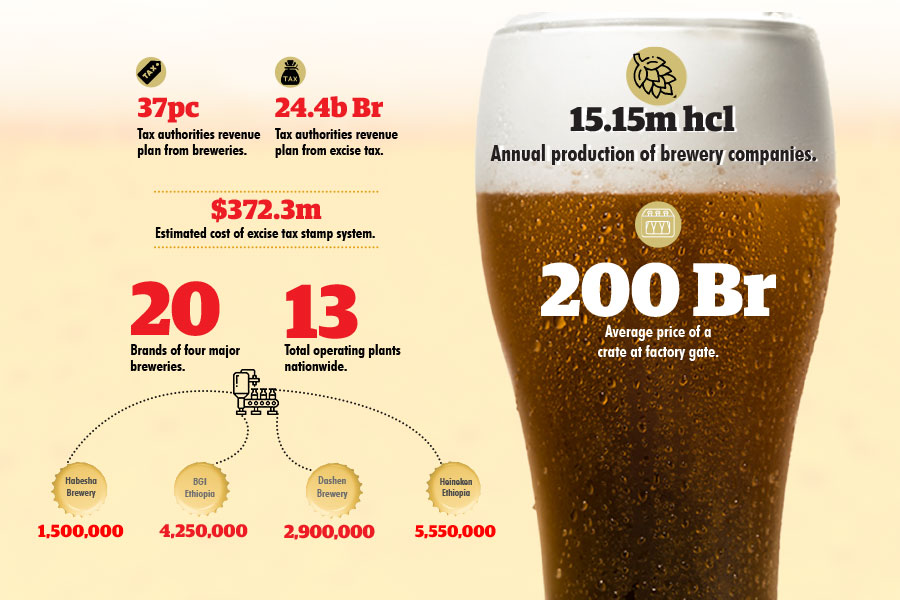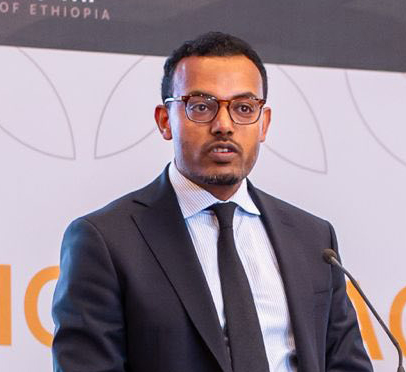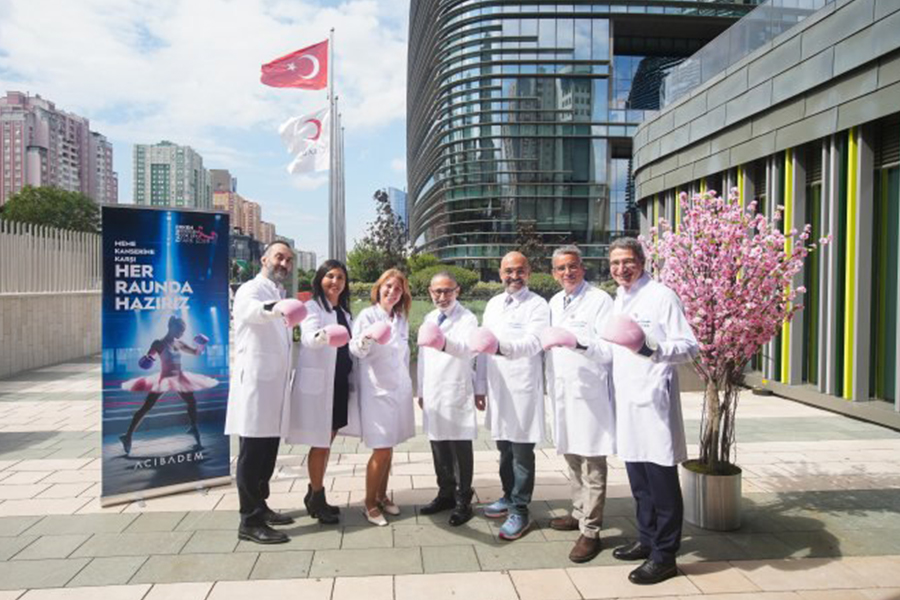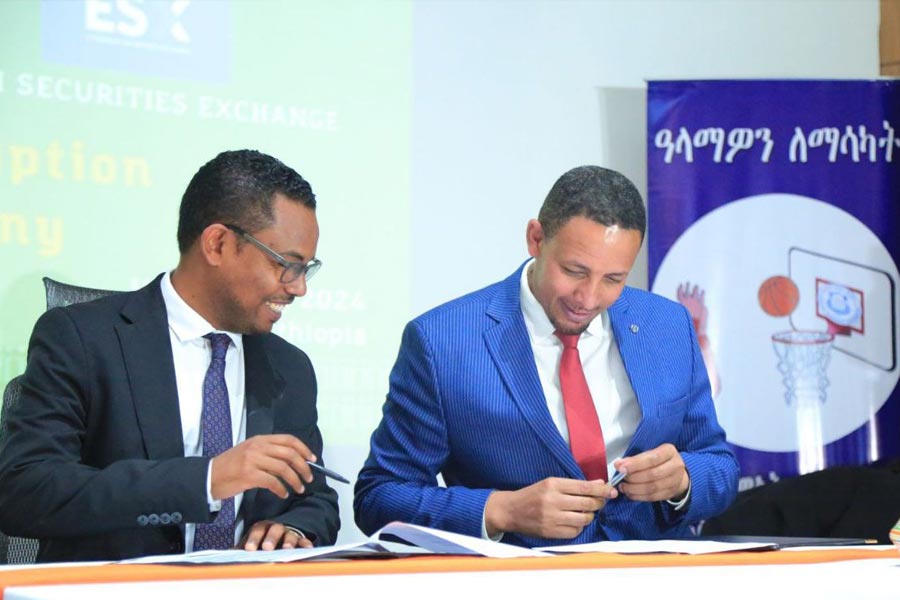
View From Arada | Aug 12,2023
Jun 21 , 2025
By Eden Sahle
In Ethiopia, across both public and private sectors, a quiet saboteur undermines productivity: the meeting. Too often, gatherings stretch endlessly, draining time, energy, and focus, yet producing little in return.
Having worked extensively with European companies and international teams, I have experienced a radically different rhythm. There, meetings are swift, 10 to 20 minutes long, with a clear agenda, tight execution, and outcomes that matter.
When I traveled for work or joined virtually, participants would log in early, never late. Every session had a defined purpose, and by the end, responsibilities were assigned, reports drafted, and deadlines set. Time was sacred. Momentum was everything.
In global organizations, agility is cultural. You will find daily stand-ups, weekly sprint reviews, one-page agendas, and crisp syncs. Decisions are measured in actions, not airtime. This is not just efficiency, it is respect for one another’s time and a belief in forward motion.
The Ethiopian reality paints a different picture. Professionals often spend entire days in rooms with vague or absent agendas. Discussions meander, attendance is performative, and there is often no clarity, only the promise of another meeting. These are not minor quirks but structural inefficiencies draining potential.
Meetings, ideally, should align teams, resolve bottlenecks, and propel action. However, here they frequently become ritualistic and drawn-out affairs. They are socially gratifying but professionally hollow, masking a distinct absence of progress. The illusion that longer meetings equate to greater output persists.
Hierarchy plays a role. Junior staff hesitate to challenge or redirect. Senior voices dominate. Interruptions feel taboo. The conversation loops, veers, and drifts, anchored more by formality than function. Appearances trump outcomes.
This facade eventually erodes morale. Goal-driven professionals who crave structure and results find themselves demoralized. Hours disappear into open-ended dialogue, leaving little accomplished. It is like walking without a destination.
The private sector is not immune. I have sat in hours-long marketing or operations sessions where participants trickle in late, conversations meander, and decisions are perpetually deferred. The meeting ends, but no one knows what is next.
Meanwhile, our regional peers have already pivoted. In Kenya, Rwanda, and Ghana, teams lean into mobile-first updates, quick check-ins, WhatsApp summaries, and real-time decision-making. Speed is strategic. Focused iteration, not inertia, is the norm. This shift is not anecdotal anymore. It is economic.
This culture of inefficiency spills beyond work into social life. A casual coffee chat becomes a half-day marathon. Lunch drags on endlessly. Events swell with delays and digressions, often heartfelt, but ultimately exhausting. Our relationship with time is elastic, but elasticity kills focus. People leave drained, not recharged.
Imagine something different: meetings reframed as micro-projects. One clear objective. One facilitator. Three to five participants. Twenty minutes, max. Everyone speaks. No one dominates. A shared document tracks decisions. Follow-ups are assigned. Conversations follow a rhythm: status, blockers, resolution, next steps.
Even more radically, consider a national meeting culture reset. Every institution could embrace agile rituals as an urgent necessity. This transformation could begin with one outcome-driven sync at a time, requiring intention and a cultural commitment to clarity. "Let’s meet" would become a purposeful act, not a default reflex.
Ethiopia’s strong social fabric means meetings often serve to connect and bond. Community matters, but when camaraderie overshadows goals, work suffers. Progress stalls without a robust culture of iteration, accountability, and definitive closure.
In high-performing teams globally, efficiency is sacred. Executive meetings rarely exceed 20 minutes, with agendas shared in advance and meetings starting promptly. Decisions are documented, responsibilities assigned, and timelines tracked. The format is simple: "What is new? What is blocked? What is next?"
Everyone leaves knowing precisely what to do and by when. Every hour wasted is a crucial missed opportunity, time not spent innovating, building, or resting. For a developing nation like Ethiopia, these hours accumulate rapidly, imposing a significant national cost. Without streamlined communication, we fall behind.
Effective time management is a critical national imperative. Focused attention cultivates clarity, and clear decisions catalyze momentum. Professionals feel valued, energy is conserved, and rapid responses become the norm. Organizations adapt and thrive instead of stagnating.
What if we reclaimed meetings as drivers of change, short, deliberate, and empowering? What if we protected our energy by designing gatherings that respect both time and intention?
What if we reclaimed meetings as dynamic drivers of change; short, deliberate, and empowering? What if we protected our collective energy by designing gatherings that profoundly respect both time and intention? The payoff would be tangible: enhanced morale, swifter execution, and greater impact.
Through small, steady changes, Ethiopia’s organizations can transform meetings from time sinks into strategic engines. The real game changer is not a new system or structure. It is the fundamental decision that our time matters, and the deliberate design of every meeting to prove it. If just half of the country’s work meetings saved one hour per week, we would unlock tens of thousands of invaluable hours. This is development, measured precisely in minutes.
PUBLISHED ON
Jun 21,2025 [ VOL
26 , NO
1312]

View From Arada | Aug 12,2023

Agenda | Jan 18,2020

Sponsored Contents | Aug 22,2022

Fortune News | Jul 28,2024

Radar | Apr 15,2023

Fortune News | Jun 20,2025

Advertorials | Mar 29,2024

Addis Fortune | Aug 09,2025

Sponsored Contents | Oct 25,2024

Radar | Feb 17,2024

Photo Gallery | 178352 Views | May 06,2019

Photo Gallery | 168553 Views | Apr 26,2019

Photo Gallery | 159343 Views | Oct 06,2021

My Opinion | 137069 Views | Aug 14,2021
Commentaries | Oct 25,2025

Dec 22 , 2024 . By TIZITA SHEWAFERAW
Charged with transforming colossal state-owned enterprises into modern and competitiv...

Aug 18 , 2024 . By AKSAH ITALO
Although predictable Yonas Zerihun's job in the ride-hailing service is not immune to...

Jul 28 , 2024 . By TIZITA SHEWAFERAW
Unhabitual, perhaps too many, Samuel Gebreyohannes, 38, used to occasionally enjoy a couple of beers at breakfast. However, he recently swit...

Jul 13 , 2024 . By AKSAH ITALO
Investors who rely on tractors, trucks, and field vehicles for commuting, transporting commodities, and f...

Oct 25 , 2025
The regulatory machinery is on overdrive. In only two years, no fewer than 35 new pro...

Oct 18 , 2025
The political establishment, notably the ruling party and its top brass, has become p...

Oct 11 , 2025
Ladislas Farago, a roving Associated Press (AP) correspondent, arrived in Ethiopia in...

Oct 4 , 2025
Eyob Tekalegn (PhD) had been in the Governor's chair for only weeks when, on Septembe...

Oct 25 , 2025 . By YITBAREK GETACHEW
Officials of the Addis Abeba's Education Bureau have embarked on an ambitious experim...

Oct 26 , 2025 . By YITBAREK GETACHEW
The federal government is making a landmark shift in its investment incentive regime...

Oct 29 , 2025 . By NAHOM AYELE
The National Bank of Ethiopia (NBE) is preparing to issue a directive that will funda...

Oct 26 , 2025 . By SURAFEL MULUGETA
A community of booksellers shadowing the Ethiopian National Theatre has been jolted b...